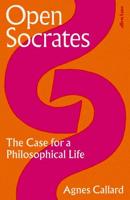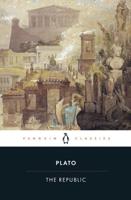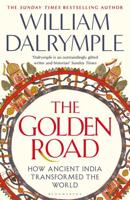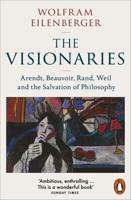Publisher's Synopsis
Since the latter half of the 20th century, committed art has been associated with conceptual, critical and activist practices. Painting, by contrast-despite its significance as a site for continued artistic experimentation-has all too often been dismissed as an outmoded, reactionary, market-led venture; an ineffectual medium from the perspective of social and political engagement. How can painting change the world today?
The question of painting, in particular, fuelled the investigations of a major 20th-century philosopher: the French phenomenologist, Maurice Merleau-Ponty (1908-61). Merleau-Ponty was at the forefront of attempts to place philosophy on a new footing by contravening the authority of Cartesian dualism and objectivist thought-an authority that continues to limit present-day intellectual, imaginative, ethical, and indeed scientific possibilities. Taking an approach that moves between the fields of philosophical and visual culture research, The Question of Painting is organized around a closely focused, chronological account of Merleau-Ponty's unfolding project and its relationship with art, clarifying how painting, as a paradigmatically embodied and situated mode of investigation, helped him to access the fundamentally "intercorporeal" basis of reality as he saw it, and articulate its lived implications-implications that have a, productive bearing on the personal, ethical and political challenges facing us today.
The Question of Painting brings today's much debated concerns about the socio-cultural and political potential of painting into contact with the question of painting in philosophy.










